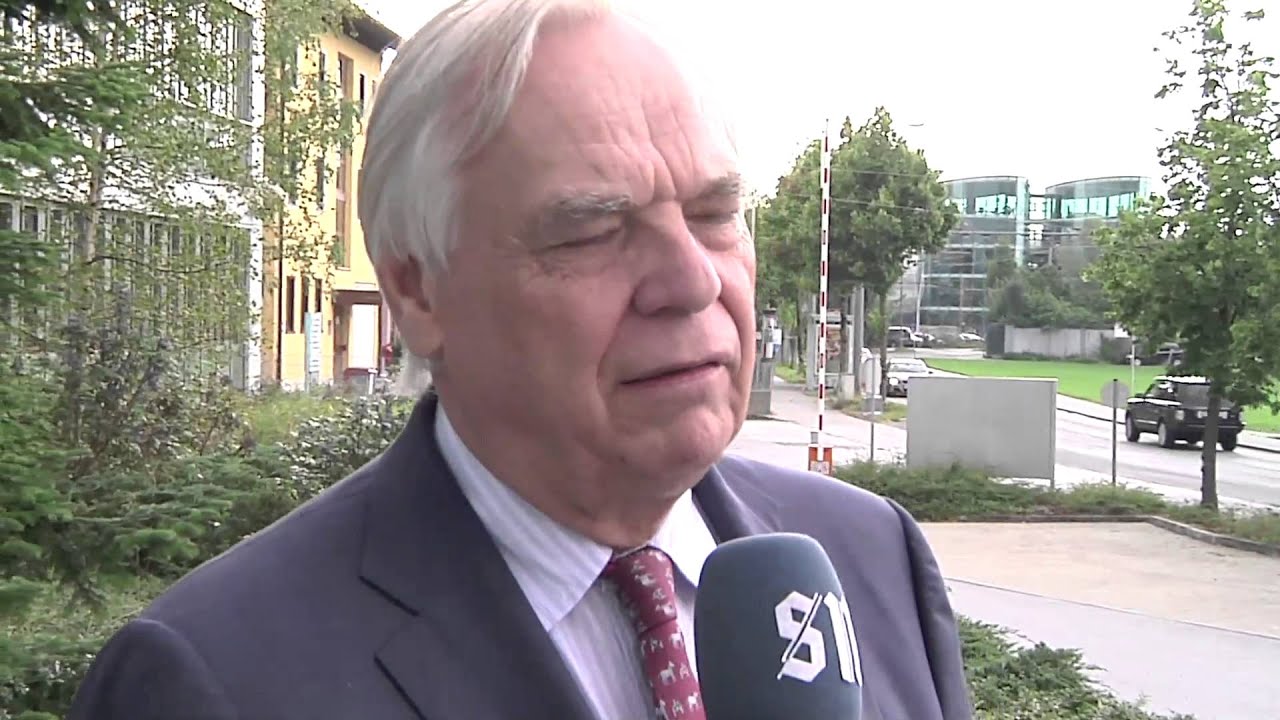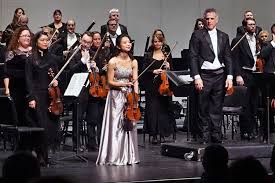Pereira, 20 kilos lighter, quits his last dream job
NewsThe prodigious Alexander Pereira, successively head of Zurich Opera, the Salzburg Festival, La Scala Milan and latterly the Maggio Musicale in Florence, has resigned abruptly from his last job.
The reasons he gives are the toll the job has taken on his physical and mental health. He does not mention a live police investigation into his use of a company credit card – the kind of inquiry that often arises in Italian opera houses and is usually instigated by internal malice. Pereira has weathered several such claims before.
His departure leaves Florence in a familiar state of chaos. Pereira, 75 this year, can probably afford to retire.
Here is the full text of his resignation letter:
Dear president, dear members of the executive council
I am sorry to have to announce that I resign as Superintendent of the Maggio Musicale Fiorentino.
When Dario gave me the Assignment at the end of 2019, I thought I was making the most of an impossible situation. Perhaps the impossible was to think that the Fondazione del Teatro del Maggio Musicale Fiorentino could be brought to an artistic level of international renown with a debt of 57 million euros with a horrendous cash flow problem and with the need to create a profit around €3.5 million via artistic programming, ticketing and sponsor research amid a pandemic. This was the reason why Dario Nardella chose me and this commitment to the future quality of the theater was a priority in every policy council.
Evaluating the results of the last year and especially of the last 6 months, I can proudly state that we have managed to reach this artistic level.
We opened the Sala Mehta with Fidelio with Zubin Mehta, we won the Abbiati prize with the Return of Ulisse in Patria directed by Robert Carsen, which the theater hadn’t won for 17 years and also the opening of the Sala Grande with Don Carlo directed by Daniele Gatti and the premiere of Doktor Faust directed by Davide Livermore, visited by more than 100 critics and journalists from all over the world. These are strong testimonies of this artistic development, which have placed Il Maggio Musicale Fiorentino among the first theaters of ‘Europe. And in addition to this I also add many other opera titles and obviously the many symphonic concerts with great conductors.
Unfortunately, with the beginning of my mandate, the pandemic began which not only blocked public attendance but also made the search for sponsors very difficult.
But despite this I still managed to bring 9.7 million euros in sponsorship. Finally, the ticket office is also giving very encouraging signs, because compared to the year 2022 in the first 4 months of 2023 we have increased the ticket office to €1,200,000 gross.
The year 2022 was particularly difficult not only due to the pandemic but also due to the war in Ukraine which led to an increase in bills and this greatly increased the costs of the infrastructure.
The real reason for my resignation is a personal matter. Apart from having a very difficult task, of being at the same time always attacked from inside the theater and from outside, especially by the press. So I never had a moment of peace, and this situation made me lose 20 kilos and also led me to a moment of health crisis in early December.
I had great harmony from the audience and the artists who always supported me, but the forces that worked against me never wanted to take this position of the audience and the artists into consideration.
I’m sorry that after having worked for so many years in the great theaters in Vienna, Zurich, Salzburg and Milan, this experience in Florence has become so sad that I no longer feel like continuing it.
I want to thank everyone who gave me their love and artistic enthusiasm to create this beautiful theater, which could be one of the best in the world with the right support it deserves.
Cordial greetings.
Alexander Pereira
mi dispiace di dover annunciare che mi dimetto come Sovrintendente del Maggio Musicale Fiorentino.
Quando Dario mi ha dato l’Incarico alla fine di 2019, io pensavo di fare il possibile da una situazione impossibile. Forse l’impossibile era di pensare che si può portare la Fondazione del Teatro del Maggio Musicale Fiorentino a un livello artistico di fama internazionale con un debito di 57 milioni di euro con un orrendo problema di cassa e con una necessità di creare un utile intorno a 3,5 milioni di euro tramite programmazione artistica, biglietteria e ricerca sponsor in mezzo di una pandemia. Questa era la ragione, per cui mi ha scelto Dario Nardella e in ogni consiglio d’indirizzo questo impegno per la futura qualità del teatro era prioritario.
Valutando i risultati dell’ultimo anno e specialmente degli ultimi 6 mesi, posso constatare con orgoglio che siamo riusciti ad arrivare a questo livello artistico.
Abbiamo aperto la Sala Mehta con Fidelio con Zubin Mehta, abbiamo vinto il premio Abbiati con il Ritorno d’Ulisse in Patria nella regia di Robert Carsen, che il teatro non vinceva da 17 anni e anche l’apertura della Sala Grande con Don Carlo diretto da Daniele Gatti e la prima di Doktor Faust con la regia di Davide Livermore, visitata da più di 100 critici e giornalisti da tutto il mondo, Queste sono forti testimonianze di questo sviluppo artistico, che hanno messo Il Maggio Musicale Fiorentino tra i primi teatri d’Europa. E oltre a ció aggiungo anche tanti altri titoli d’opera e ovviamente i tanti concerti sinfonici con grandi direttori.
Sfortunatamente con l’inizio del mio mandato è cominciata la pandemia che non solo ha bloccato le presenze del pubblico ma ha anche reso la ricerca per gli sponsor molto difficile.
Ma nonostante questo sono comunque riuscito a portare 9,7 milioni di euro di sponsorizzazione. Finalmente anche la biglietteria dà segnali molto incoraggianti, perché rispetto all’anno 2022 nel primi 4 mesi del 2023 abbiamo aumentato la biglietteria a 1.200.000 € lordi.
L’anno 2022 è stato particolarmente difficile non solo a causa della pandemia ma anche per la guerra in Ucraina che ha portato un aumento delle bollette e ciò ha fortemente alzato i costi dell’Infrastruttura.
La vera ragione per la mia dimissione è un fatto personale. A parte di avere un compito molto difficile, di essere allo stesso momento sempre attaccato dall’interno del teatro e dall’esterno, specialmente dalla stampa. Cosi non ho avuto mai un momento di tranquillità, e questa situazione mi ha fatto perdere 20 chili e mi ha anche portato a un momento di crisi di salute all’inizio di dicembre.
Ho avuto grande armonia dalla parte del pubblico e dagli artisti che mi hanno sempre sopportato, ma le forze che hanno lavorato contro di me, non hanno mai voluto prendere in considerazione questa posizione del pubblico e degli artisti.
Mi dispiace che dopo aver lavorato tanti anni nei grandi teatri a Vienna, Zurigo, Salisburgo e Milano, questa esperienza a Firenze è diventata così triste, tanto che non mi sento più continuarla.
Voglio ringraziare a tutti che mi hanno dato Il loro amore e entusiasmo artistico per creare questo bellissimo teatro, che potrebbe essere uno dei migliori del mondo con il giusto supporto che merita.
Un cordiale saluto.
Alexander Pereira






Comments